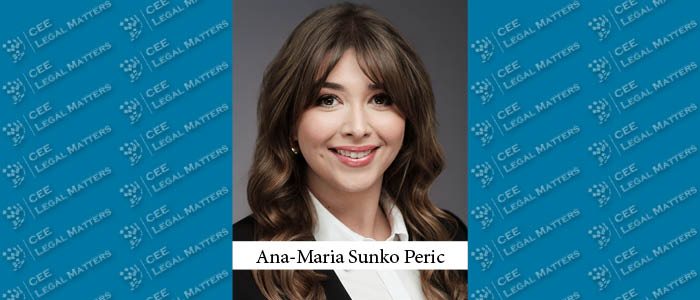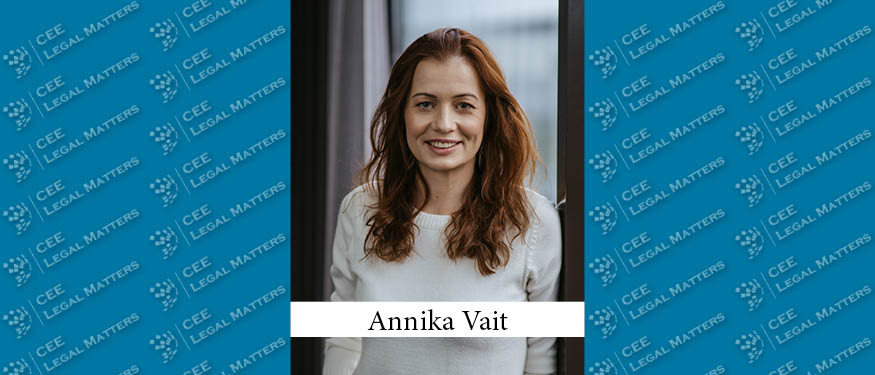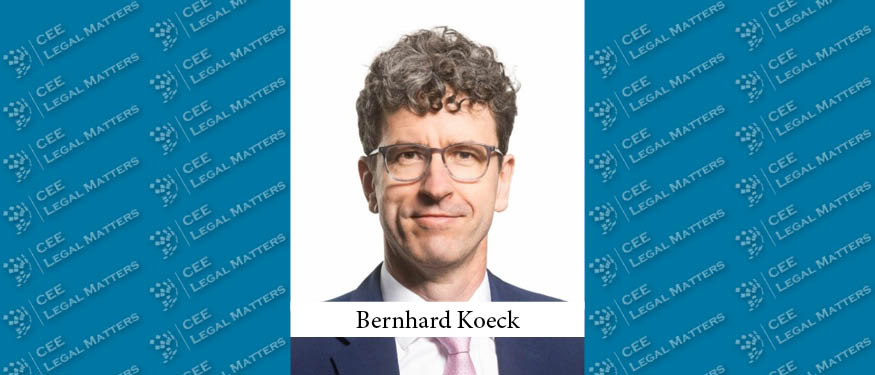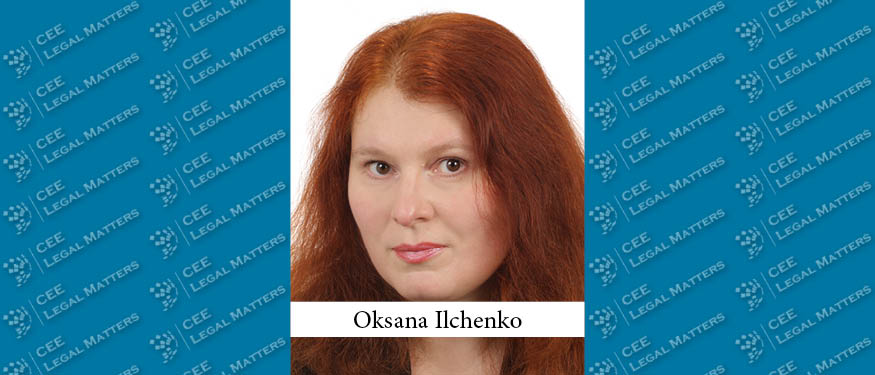In The Debrief, our Practice Leaders across CEE share updates on recent and upcoming legislation, consider the impact of recent court decisions, showcase landmark projects, and keep our readers apprised of the latest developments impacting their respective practice areas.
Herbst Kinsky and Schoenherr Advise on Swisspor Acquisition of Creaton Polska, Creaton SEE, and Creaton Steildach
Herbst Kinsky, working with Orrick, has advised the Terreal Group and its main shareholders on the antitrust aspects of the full sale of its businesses in Poland, Hungary, and Austria to Swisspor. Schoenherr advised Swisspor Holding on the acquisition.
NKA Helps EPEI Obtain Merger Control Clearance for Casino Group Acquisition
Nedelka Kubac Advokati has helped EPEI in obtaining merger control clearance for its acquisition of the French Casino retail group.
Bid Rigging – Navigating Between Competition and Public Procurement Worlds
In public procurement, the term bid rigging (also called collusive tendering) describes unlawful agreements between bidders with the intention of distorting the competition in award procedures and allowing a preferred tenderer to win the public contract while giving the impression that the process is truly competitive. The hidden agenda is often to force a high contract price that is not appropriate given the state of the market.
Gessel Helps Anwim Obtain Concentration Approval for Another Petrol Station Acquisition
Gessel has advised Anwim on the successful concentration approval process with the President of the Office of Competition and Consumer Protection regarding Anwim's acquisition of several petrol stations belonging to the Circle K network.
The Biggest Coffee Producers in Serbia Face EUR 2 Million in Antitrust Fines and Are Granted Conditional Approval for their Merger
Last week, the Serbian Commission for Protection of Competition (“Commission”) released two decisions involving the two biggest producers and wholesalers of ground coffee in Serbia – Atlantic Group (“Atlantic”) and Strauss Adriatic (“Strauss”). One decision marked the end of the Commission’s antitrust investigation imposing penalties on Atlantic and Strauss, issued on December 29, 2023 (“Antitrust Decision”), and the other one is the merger control ruling conditionally approving Atlantic’s acquisition of Strauss, issued on February 28, 2024 (“Merger Decision”).
Bulgarian Competition Authority Sets Enforcement Priorities for 2024
Earlier this month, Bulgaria’s Competition Protection Commission (CPC) unveiled its strategic priorities for 2024, identifying sectors and activities that warrant increased regulatory scrutiny. These priorities will guide the CPC’s operational functions, which include market monitoring, signal verification, the initiation of administrative proceedings, market investigations, and ongoing enforcement actions.























